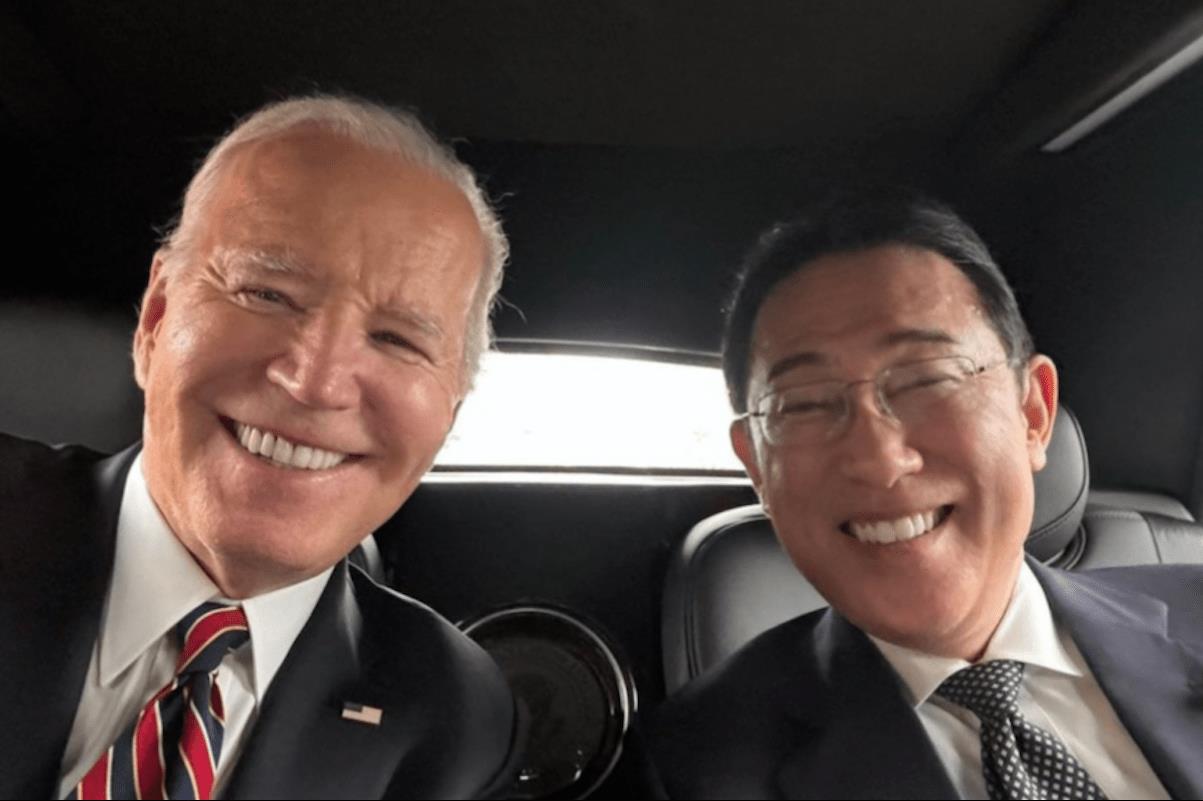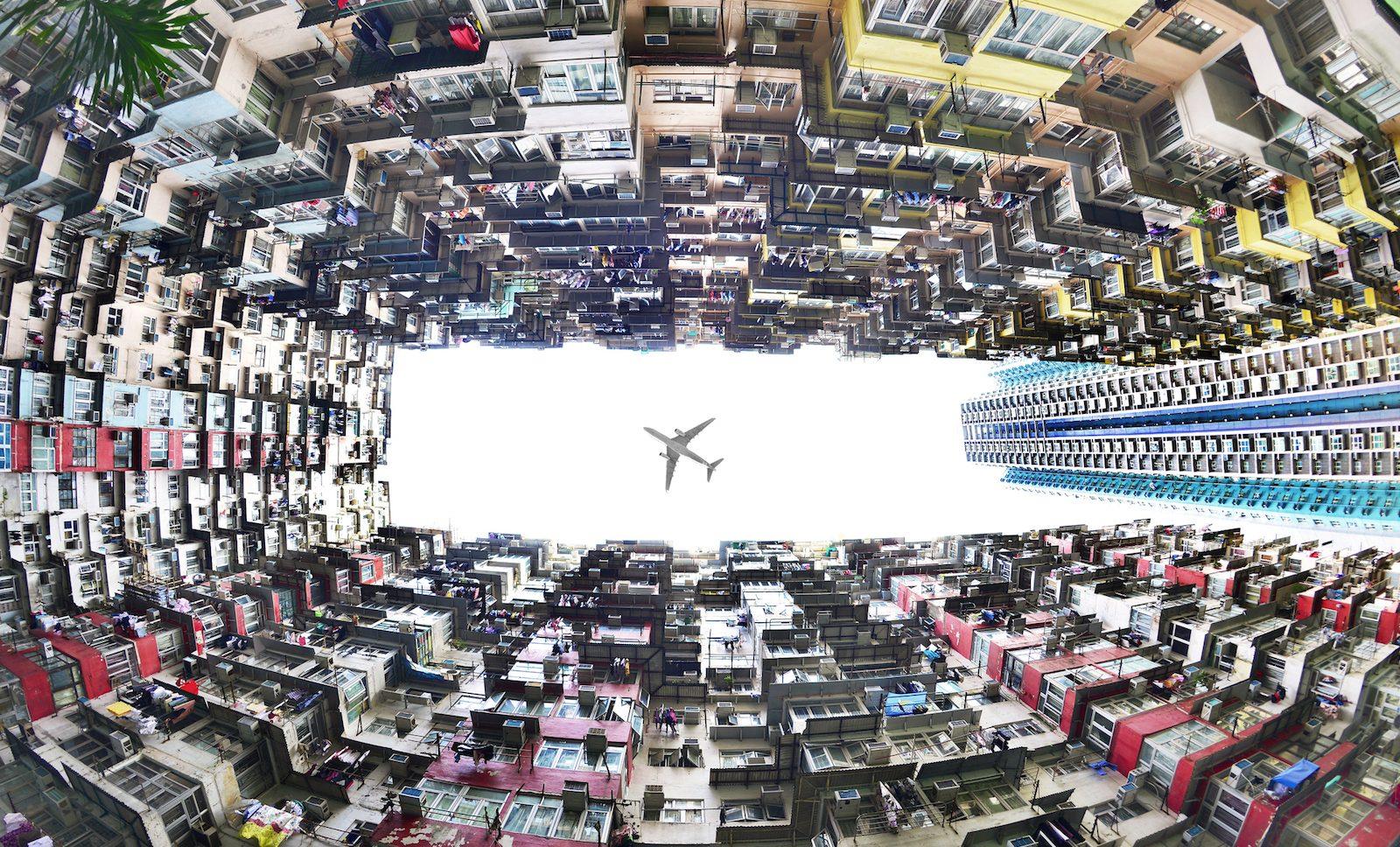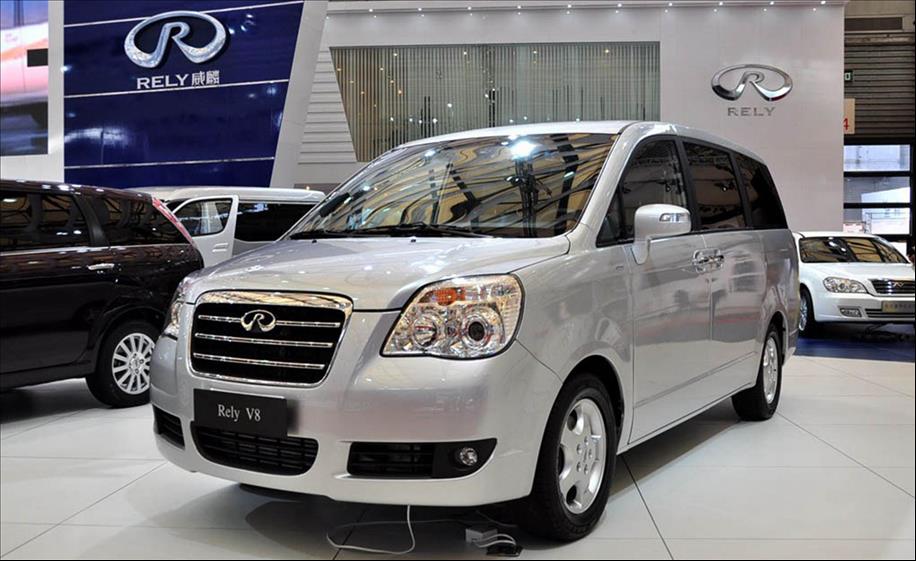
Chinese Firms To Assemble Evs In Europe, Duck Tariffs
Chery Automobile President Yin Tongyue said Sunday that his company will soon purchase an old plant of Nissan's in Barcelona, Spain, and turn it into its first manufacturing site in Europe. He said the reopening of the facility, which stopped running in 2021, can create 1,600 jobs.
He said Chery is discussing partnerships with two European brands, with one of the deals to be closed soon. Chinese media said Chery is having a discussion with Stellantis, the Italian auto conglomerate that owns Fiat, Chrysler and Peugeot.
Spain's Industry Ministry said an agreement for Chery to start production in the country will be formalized in the coming days.
Chery is still talking with the Italian government about building a factory there but there has been any update yet.
In the first quarter of this year, the number of the company's exported cars rose 40.9% year-on-year to 253,418 units. The company is now focusing on markets in South America, the Middle East and Russia and will explore those in Spain, Italy Poland and the United Kingdom later this year.
Other key Chinese EV makers also have their manufacturing plans in Europe. Last December, the Shenzhen-based BYD said it will build a passenger car factory in Szeged, Hungary. It said the facility will be the first of its kind built by a Chinese automotive company in Europe and will have an advanced car production line.
Great Wall Motor said last year that it was mulling whether to locate its first European plant in Germany, Hungary or the Czech Republic.
SAIC Motor Corp said it was considering setting up a plant in the United Kingdom although the country has already left the European Union.

Kishida goes all-in on partnership with the US

For a start, Washington, amend the H1-B visa process

Iran's tactical fail leaves a way out of all-out war
Meanwhile, the China Chamber of Commerce for Import and Export of Machinery and Electronic Products (CCCME), a Beijing-based industry group, said the 13-month investigation launched by the European Union last September against Chinese EV makers is not transparent and is in violation of global trading rules.
In a hearing with the European Commission in Brussels on April 11, CCCME Vice President Shi Yonghong, said he was concerned that the findings of the EU probe of Chinese EV imports would be distorted and unobjective.
Shi said the European Commission had departed from its principle of selecting for study the top Chinese EV makers, such as BYD, Geely and SAIC, and seemed to have purposely focused on three Chinese-owned producers to reach predetermined findings of subsidization.
He said the biased sample selection has tainted the entire investigatory process. He added that the probe was a perfect example of the EU's double standards as it avoided taking any action against the US$400 billion of subsidies granted by the US government and also billions of euros of subsidies granted by the EU to the EV and battery sectors.
A spokesperson of the European Commission said the investigation and its findings would fully respect EU and international obligations. He said the EC will make sure this anti-subsidy investigation is thorough, fair and fact-based.
US Treasury Secretary Janet Yellen, who finished her six-day China trip on April 9, told CNN on Sunday that the US will not take“anything off the table” in response to China's manufacturing capacity, including the possibility of additional tariffs to stop the influx of cheap Chinese goods into the US market.
“We're concerned about the possibility of surges in Chinese exports to our markets in areas where they have a great deal of overcapacity,” She said.
She said she has told Chinese officials that China's overcapacity problem is a concern not only to the US, but also to other countries and regions, such as Europe and Japan, and even to emerging markets including India, Mexico and Brazil.
As the Trump administration impose an extra 25% tariff on Chinese goods on top of the usual 2.5% tariff in 2019, Chinese EV and battery firms found it very difficult to develop their US markets.
They then turned to build factories in Mexico, which signed a free trade agreement with the US and Canada in 2018, trying to evade the extra 25% tariff. But Republican candidate Donald Trump said last month that he will impose a 100% tariff on Chinese cars that are made in Mexico if he wins the presidential election in November.
Now Chinese automakers are accelerating their plans to localize their production capacity in Europe, in case the EU imposes extra tariffs on EVs made in China later this year.
About one in five EVs sold in Europe last year were made in China, according to Transport & Environment (T&E), a Brussels-based non-profit organization. The figure is expected to grow to about 25% in 2024.
More than half of Chinese imports into Europe are still western brands, such as Tesla, Dacia and BMW, T&E says – but Chinese brands, including SAIC's MG, Geely's Polestar and BYD, could reach 11% of the European EV market in 2024 and 20% in 2027, up from about 7.5% last year.
“Tariffs will force carmakers to localize EV production in Europe, and that's a good thing because we want these jobs and skills,” said Julia Poliscanova, senior director for vehicles and e-mobility supply chains at T&E.“But tariffs won't shield legacy carmakers for long.”

Sign up for one of our free newsletters
- The Daily ReportStart your day right with Asia Times' top stories AT Weekly ReportA weekly roundup of Asia Times' most-read stories
She said a higher tariff should be accompanied by a regulatory push to increase local production of EVs, including electrification targets for company car fleets by 2039, on top of the agreed 100% clean car goal in 2035.
After European Commission President Ursula Von der Leyen announced a probe into unfair Chinese competition in the EV sector on September 13 last year, German Economic Minister Robert Habeck welcomed the decision.
But then German Chancellor Olaf Scholz said , on September 28, that he was not convinced about the need to impose tariffs on Chinese EVs. He said that, since Germany wants to sell its cars in all places in the world, it should also open its market to foreign firms.
On a visit to China on Monday, he told Chinese students in Shanghai that Germany wants open and fair auto markets. He said Chinese cars will still be in Germany and Europe at some point if there is fair competition with no dumping, overproduction or infringement of copyrights.
According to the MarkLines Data Center, German automakers sold 462,720 vehicles in China last year, up 3.8% from 2022. They accounted for about 17.8% of the Chinese markets.
Chinese brands sold 1.46 million vehicles domestically with a 56.2% market share. Japanese brands sold 382,900 vehicles in China with a 14.7% market share.
Read: China blows off EU turbine probe as an ill wind
Follow Jeff Pao on Twitter: @jeffpao3
Thank you for registering!
An account was already registered with this email. Please check your inbox for an authentication link.

Legal Disclaimer:
MENAFN provides the
information “as is” without warranty of any kind. We do not accept
any responsibility or liability for the accuracy, content, images,
videos, licenses, completeness, legality, or reliability of the information
contained in this article. If you have any complaints or copyright
issues related to this article, kindly contact the provider above.


















Comments
No comment